
Arua: The Serene Gateway of Northern Uganda
Arua, nestled in the northwestern corner of Uganda, is a tranquil city known for its vibrant culture and welcoming atmosphere. As a tourist destination, Arua offers a blend of natural beauty, historical sites, and a rich cultural tapestry that promises an unforgettable experience. The city is surrounded by lush landscapes, with the Arua Hill providing a perfect vantage point to take in the panoramic views of the region. Visitors can enjoy the serene environment, explore local markets, and interact with the friendly residents who are always eager to share their stories and traditions. Arua is also a hub of history and heritage. The colonial-era buildings and the presence of diverse ethnic communities reflect the city's storied past. The White Rhino Hotel, a historical landmark, offers a glimpse into the city's colonial history. Additionally, Arua's proximity to the River Nile opens up opportunities for adventurous excursions and scenic boat rides. Food enthusiasts will find Arua's culinary scene delightful. The local cuisine, heavily influenced by the indigenous Lugbara people, features dishes like 'Angara' (smoked fish) and 'Kalo' (millet bread), which are a must-try for any visitor. The city's bustling markets are also a great place to sample fresh produce and local delicacies. Whether you're looking to explore the natural beauty, delve into the rich history, or simply relax and soak in the local culture, Arua offers a unique and enriching travel experience.
Local tips in Arua
- Visit the Arua Hill for panoramic views of the city and surrounding landscapes.
- Explore the local markets early in the morning for the freshest produce and authentic local goods.
- Try local dishes such as 'Angara' and 'Kalo' to get a true taste of Lugbara cuisine.
- Stay at the White Rhino Hotel to experience a piece of Arua's colonial history.
- Plan a boat trip on the River Nile for an adventurous and scenic excursion.
Arua: The Serene Gateway of Northern Uganda
Arua, nestled in the northwestern corner of Uganda, is a tranquil city known for its vibrant culture and welcoming atmosphere. As a tourist destination, Arua offers a blend of natural beauty, historical sites, and a rich cultural tapestry that promises an unforgettable experience. The city is surrounded by lush landscapes, with the Arua Hill providing a perfect vantage point to take in the panoramic views of the region. Visitors can enjoy the serene environment, explore local markets, and interact with the friendly residents who are always eager to share their stories and traditions. Arua is also a hub of history and heritage. The colonial-era buildings and the presence of diverse ethnic communities reflect the city's storied past. The White Rhino Hotel, a historical landmark, offers a glimpse into the city's colonial history. Additionally, Arua's proximity to the River Nile opens up opportunities for adventurous excursions and scenic boat rides. Food enthusiasts will find Arua's culinary scene delightful. The local cuisine, heavily influenced by the indigenous Lugbara people, features dishes like 'Angara' (smoked fish) and 'Kalo' (millet bread), which are a must-try for any visitor. The city's bustling markets are also a great place to sample fresh produce and local delicacies. Whether you're looking to explore the natural beauty, delve into the rich history, or simply relax and soak in the local culture, Arua offers a unique and enriching travel experience.
When is the best time to go to Arua?
Iconic landmarks you can’t miss
White Castle Hotel Arua
Experience the perfect blend of comfort and modern amenities at White Castle Hotel Arua, your ideal retreat in the heart of Uganda.

Golden Courts Hotel
Discover the comfort and elegance of Golden Courts Hotel, your ideal stay in Arua, Uganda, where modern amenities meet local hospitality.

Desert Breeze Hotel Arua
Experience comfort and tranquility at Desert Breeze Hotel in Arua, Uganda, a perfect retreat for travelers seeking relaxation and local culture.
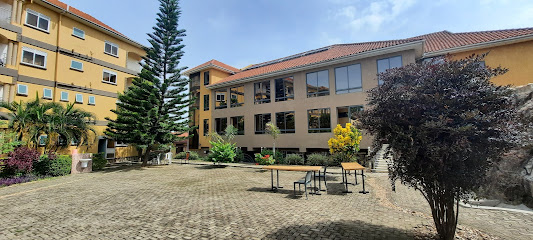
Cafe Cosmo
Discover the rich flavors of Indian cuisine at Café Cosmo in Arua, where every meal is a celebration of taste and culture.
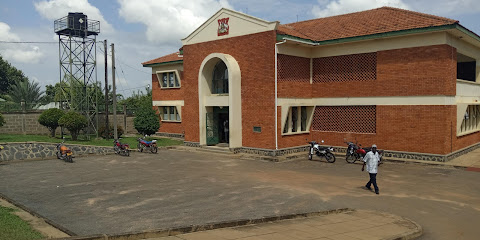
RoseVilla Hotel
Discover the charm of Arua at RoseVilla Hotel, where comfort meets local culture in a perfect blend for every traveler.

KKT Plaza
Explore KKT Plaza in Arua for an unforgettable shopping experience blending local culture with international flair.
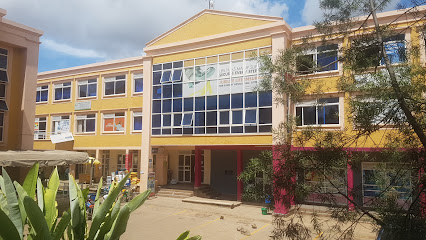
Bagdad Restaurant Arua
Experience authentic Ugandan cuisine at Bagdad Restaurant in Arua, where flavor meets affordability in a welcoming atmosphere.
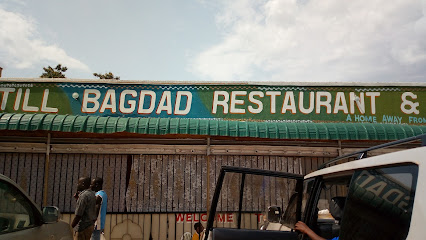
NILLOC SERVICES LTD ARUA
Discover the serene NilLoc Services Ltd Park in Arua, where nature, culture, and community come together for an unforgettable experience.
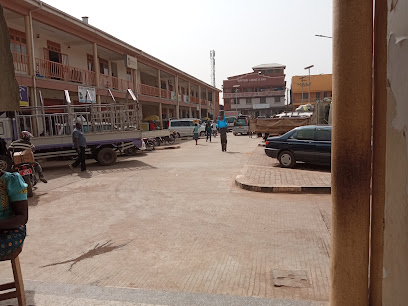
Luwombo restaurant
Experience the vibrant tastes of African cuisine at Luwombo Restaurant in Arua, where every dish tells a story of tradition and flavor.
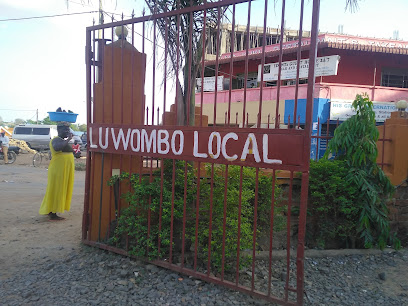
Arua Airport
Discover the vibrant culture and stunning landscapes of Northern Uganda at Arua Airport, your gateway to adventure.
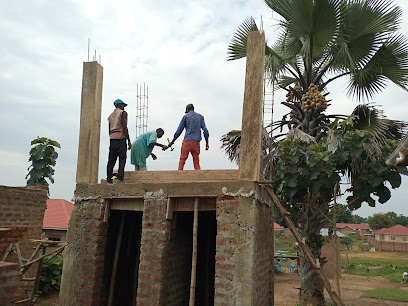
Borderlands Co-Op
Experience the heart of Arua at Borderlands Co-Op, where local flavors meet a cozy atmosphere, perfect for relaxation and cultural immersion.
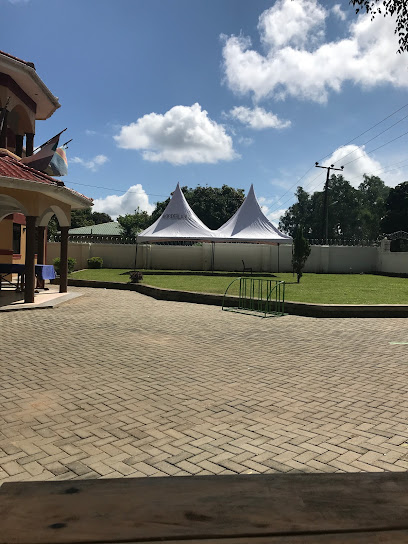
Arua Golf Course
Discover the beauty of Uganda at Arua Golf Course – a stunning 18-hole golf course set amidst lush landscapes and vibrant local culture.
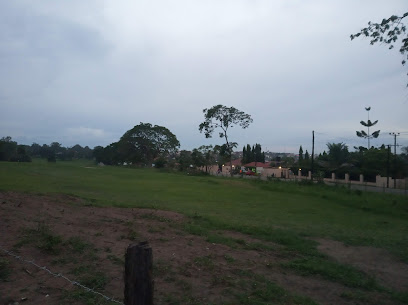
Slumberland
Discover Slumberland in Arua: Your cozy hotel retreat blending comfort, local culture, and easy access to Uganda's natural beauty.

HillTop Bar and Gardens
Discover a delightful dining experience at HillTop Bar and Gardens in Arua, where scenic views meet delicious grilled cuisine in a lush garden setting.
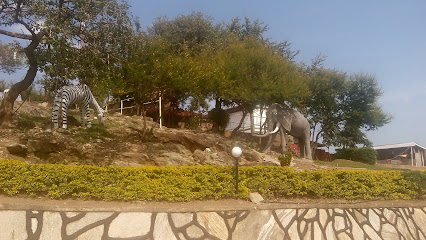
Arua City
Experience the vibrant culture, delicious cuisine, and warm hospitality of Arua City, your gateway to Northern Uganda's natural beauty and rich heritage.
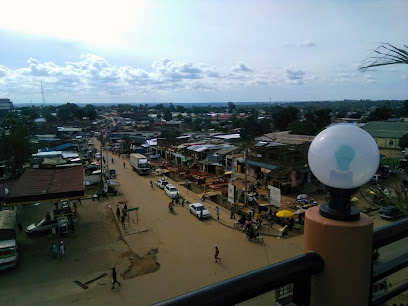
Unmissable attractions to see
MIRIADUA FALLS
Experience the breathtaking beauty of Miriadua Falls, a serene escape in Uganda that captivates with its stunning views and rich biodiversity.
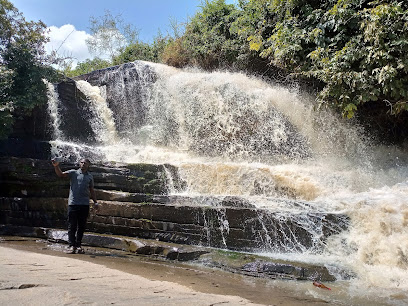
Monument
Explore the Monument in Arua, a captivating tourist attraction rich in history and cultural heritage, surrounded by lush landscapes and vibrant local life.

OLUKO WATER FALLS ARUA
Experience the breathtaking beauty of Oluko Water Falls in Arua, Uganda—a natural wonder perfect for adventure and relaxation.
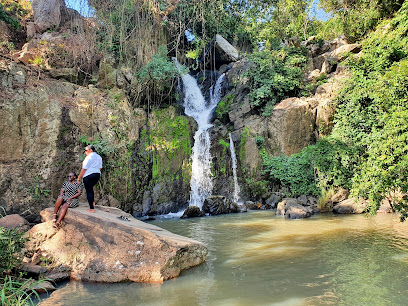
WEST Nile HINDU UNION TEMPLE
Experience the serene beauty and cultural depth of the West Nile Hindu Union Temple in Arua, a place of spiritual reflection and community connection.
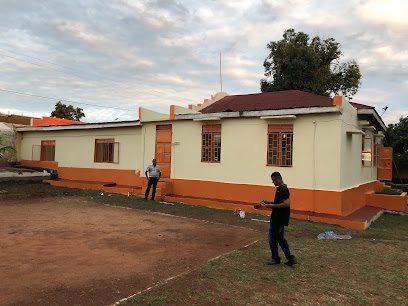
Arua Hill Tower & Monument
Discover the rich heritage and stunning views at Arua Hill Tower & Monument, a must-visit attraction in Uganda's vibrant city of Arua.
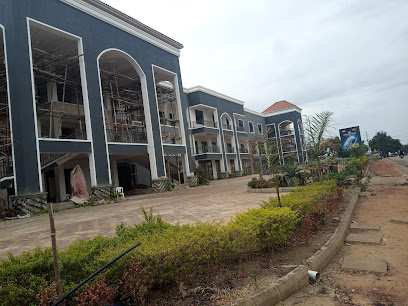
Alikua Pyramid
Explore the Alikua Pyramid in Ofude, Uganda – a stunning landmark steeped in history, culture, and breathtaking views of the surrounding landscape.
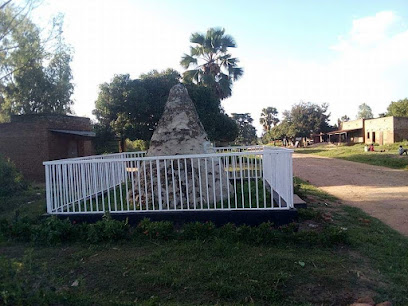
Olewa Falls
Experience the breathtaking beauty of Olewa Falls, a hidden gem in Uganda, surrounded by lush landscapes and cascading waters.
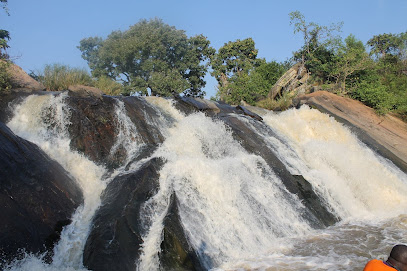
Curube Hill
Discover the stunning vistas and rich biodiversity of Curube Hill, Uganda's hidden gem for nature lovers and cultural explorers.
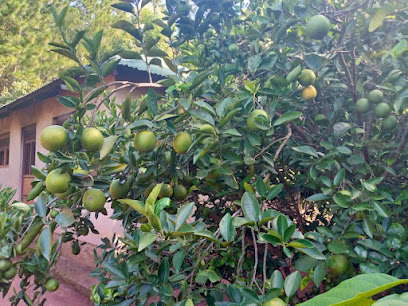
Audi Historical Centre & Caves-Koboko
Discover the fascinating history and stunning geological formations at the Audi Historical Centre & Caves in Koboko, a hidden gem in Uganda.

Cycling trails arua
Discover Arua's beautiful cycling trails, where adventure meets stunning landscapes and cultural experiences in Uganda.
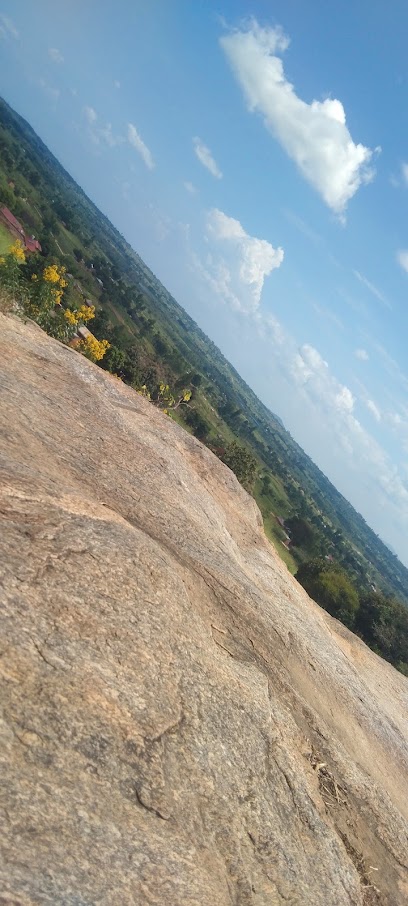
Oyua hill
Explore Oyua Hill, a serene garden retreat in Anzaiya, offering lush landscapes, vibrant flowers, and breathtaking views for nature lovers and tranquility seekers.

Roko ezee
Experience the vibrant culture and breathtaking landscapes at Roko ezee, a must-visit tourist attraction in Uganda.
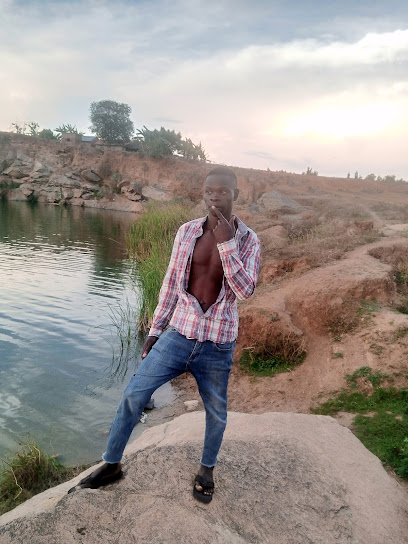
Ajupani Hill
Discover the breathtaking beauty of Ajupani Hill in Uganda, where panoramic views and serene landscapes await nature enthusiasts and adventure seekers.

ABI ZARDI Fish Pound
Discover ABI ZARDI Fish Pound in Ewadri, a serene oasis where traditional fishing meets local culinary delights amidst breathtaking natural beauty.

Oluko hills
Experience the breathtaking beauty of Oluko Hills in Uganda, a serene hiking area perfect for nature lovers and adventure seekers alike.

Essential places to dine
White Castle Hotel Arua
Experience exceptional dining and relaxation at White Castle Hotel Arua – where Ugandan hospitality meets culinary excellence.

Oasis 24-7
Discover the vibrant flavors of Uganda at Oasis 24-7 in Arua - where every meal is a celebration of local cuisine.
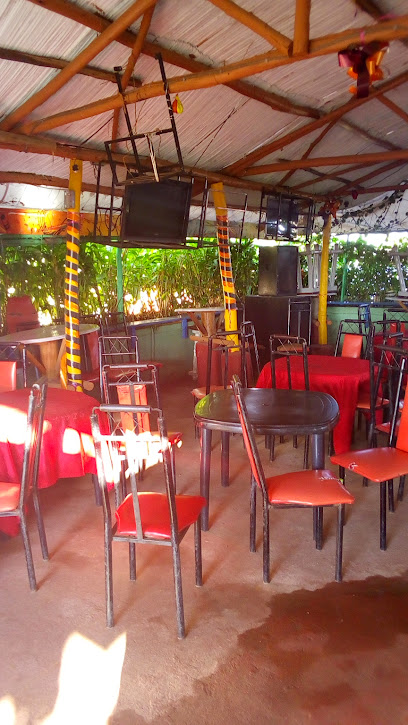
Cafe Cosmo
Experience the vibrant flavors of India at Café Cosmo in Arua – where delicious meets delightful.
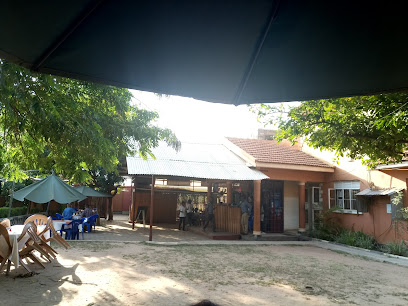
Bamboo Village
Experience the flavors of Uganda at Bamboo Village - where local traditions meet culinary creativity in Arua.
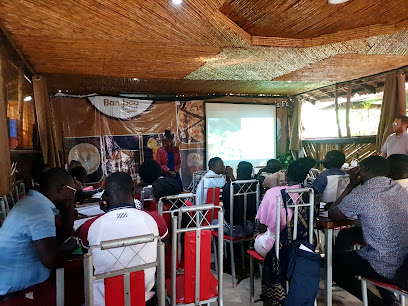
Desert Breeze Hotel Dining Hall
Experience authentic Ugandan flavors and warm hospitality at Desert Breeze Hotel Dining Hall in Arua.
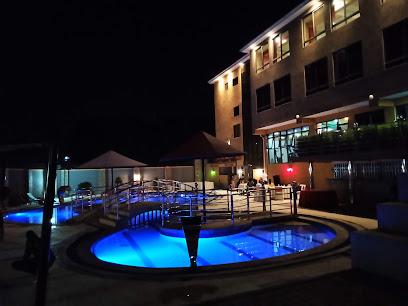
Bagdad Restaurant Arua
Experience authentic Ugandan flavors at Bagdad Restaurant Arua - where delicious meals meet warm hospitality.
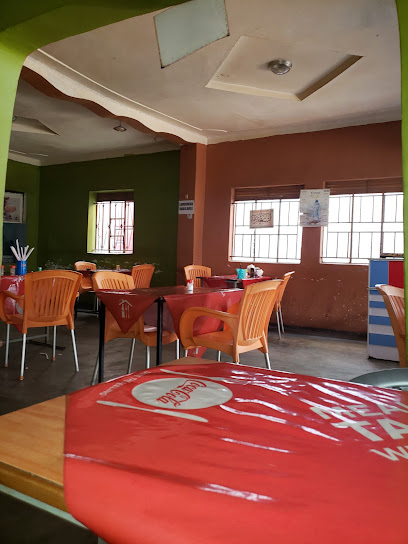
Luwombo restaurant
Experience authentic African cuisine at Luwombo Restaurant in Arua; savor traditional dishes in a vibrant atmosphere.
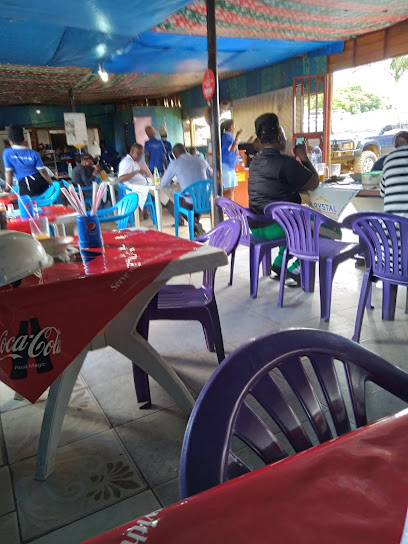
Rojey Creamery Arua
Discover the flavors of Arua at Rojey Creamery – where delicious food meets delightful ambiance!
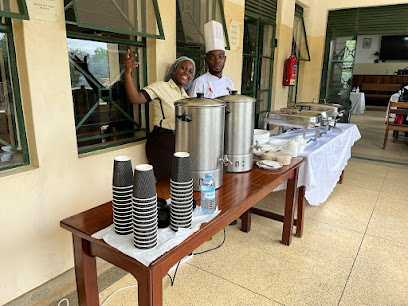
HillTop Bar and Gardens
Experience delightful grilled dishes and refreshing drinks at HillTop Bar and Gardens, your go-to spot in Arua for relaxation amidst nature.
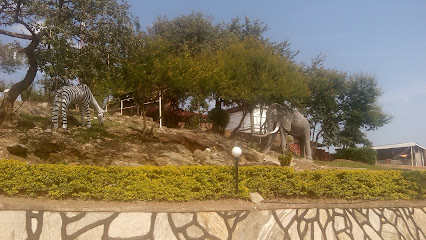
Hot 7 Restaurant
Discover diverse flavors at Hot 7 Restaurant in Arua, where local cuisine meets international flair in an inviting atmosphere.
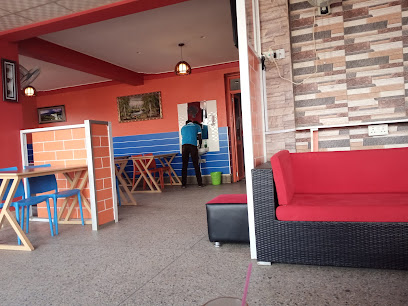
Samara White House Hotel
Discover the flavors of Uganda at Samara White House Hotel's charming restaurant in Arua - where every meal tells a story.
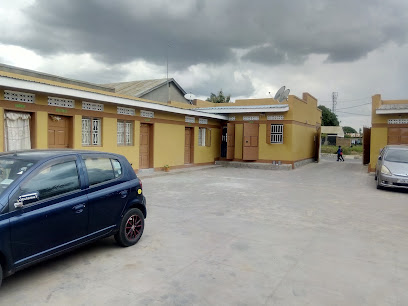
Kamure Park
Discover authentic Lugbara cuisine at Kamure Park, where delicious food meets serene surroundings in Arua's vibrant landscape.
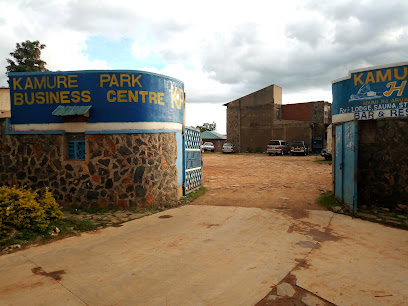
Indian Restaurant
Savor authentic Indian flavors at this charming restaurant in Arua—an essential stop for food lovers exploring Uganda.
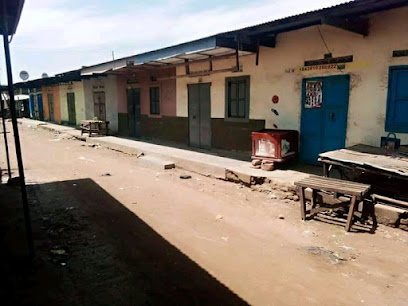
Coco Palm
Discover delectable dishes at Coco Palm in Arua – where local flavors meet international cuisine for an unforgettable dining experience.
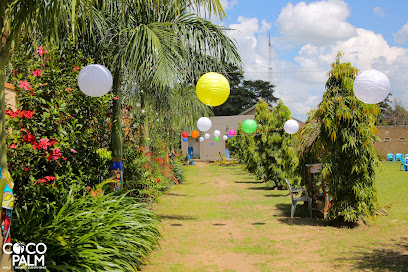
Hi-5 Kitchen & Lounge
Discover delicious grilled cuisine and vibrant nightlife at Hi-5 Kitchen & Lounge in Arua - where every meal is an experience.
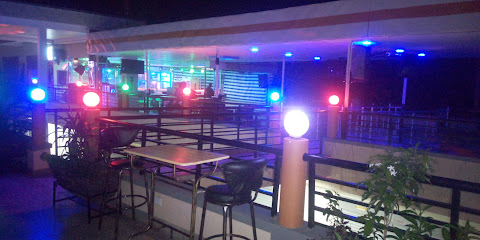
Markets, malls and hidden boutiques
KKT Plaza
Experience the vibrant culture and shopping scene at KKT Plaza in Arua, Uganda, where local crafts and delicious cuisine await!
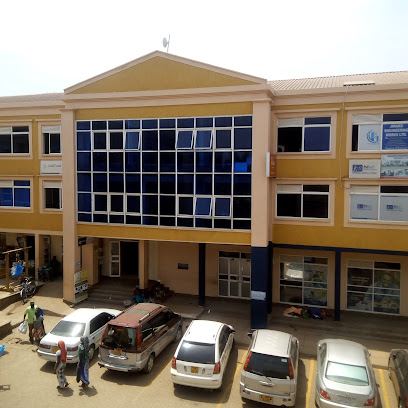
Arua Park Plaza
Discover the vibrant shopping experience and cultural flavors at Arua Park Plaza, Kampala's premier shopping mall for tourists and locals alike.
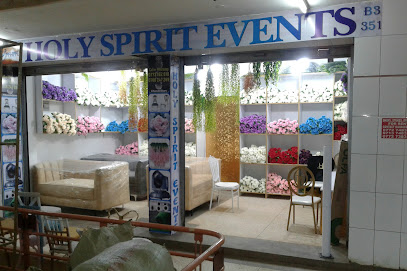
west nile supermarket
Explore local flavors and vibrant culture at West Nile Supermarket in Arua, where fresh produce and local goods await your discovery.
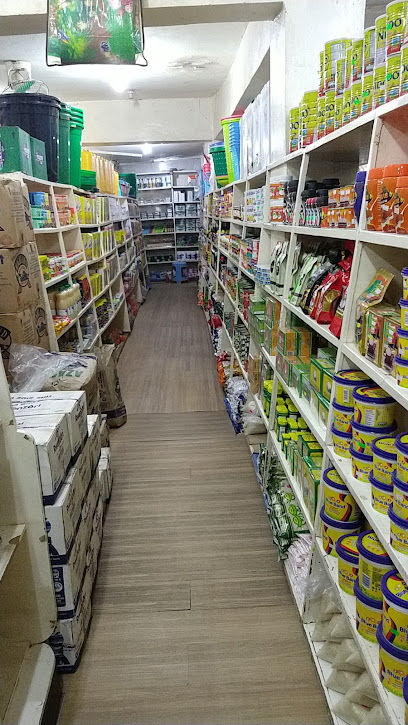
Concord Business Center
Experience shopping, dining, and entertainment at Concord Business Center, Arua’s vibrant shopping mall perfect for all visitors.
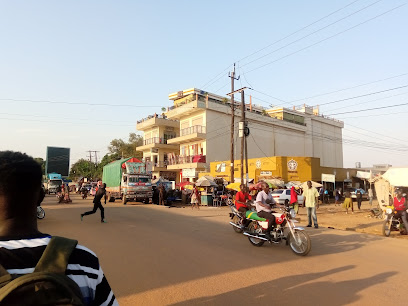
Rojey Creamery Arua
Experience the sweet flavors of Arua at Rojey Creamery, where delicious ice cream, coffee, and snacks await every traveler.
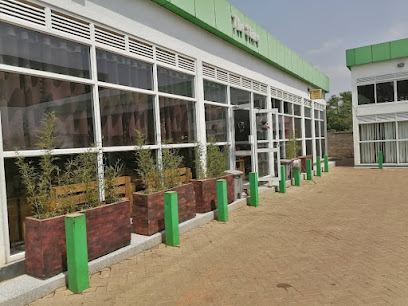
Dream Shoppers (Supermarket)
Explore a diverse range of products at Dream Shoppers, Arua's premier supermarket for locals and travelers alike.
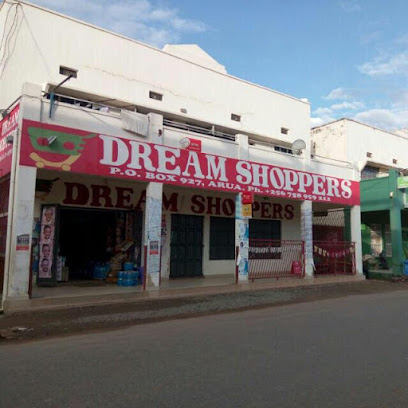
Jumia office Arua
Discover local gems and daily essentials at Jumia Office Arua, where shopping meets the vibrant culture of Uganda's northern region.

Hawker
Experience the vibrant culture of Arua at Hawker, a shopping mall filled with unique local products and a lively market atmosphere.

London Phones Arua Ltd
Explore the best electronics at London Phones Arua Ltd, your go-to destination for gadgets and tech support in the heart of Arua, Uganda.
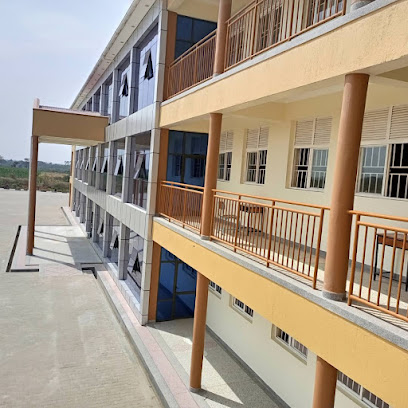
Honey Pride Arua Uganda
Experience the essence of Uganda at Honey Pride in Arua, where local culture meets unique craftsmanship and delicious flavors.
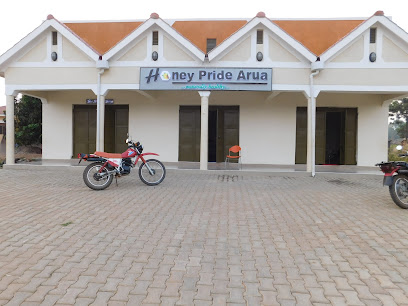
MAITRI ENTERPRISES LTD
Explore Maitri Enterprises Ltd in Arua for all your hardware needs, offering a vast selection of tools and materials for every project.
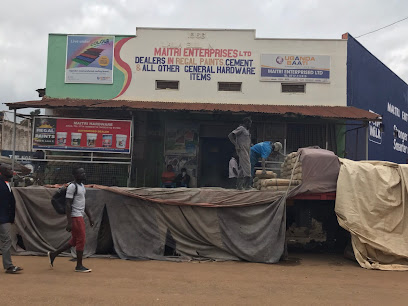
Arua City Lodge
Experience the vibrant atmosphere of Arua City Lodge, a shopping mall that blends local culture with modern shopping and dining.

SADOLIN COLOR CENTER ARUA
Explore Sadolin Color Center Arua, the vibrant hub for quality paints and creative solutions, inspiring your next decorating project.
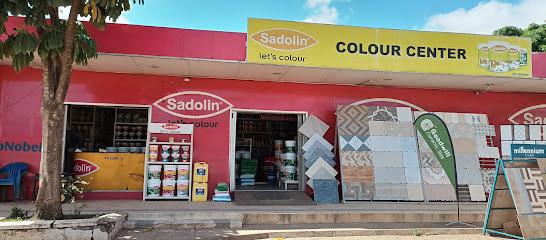
Smart Phones Centre - Tecno Mobile
Explore the latest mobile technology and accessories at Smart Phones Centre - Tecno Mobile in Arua, your go-to destination for electronics.
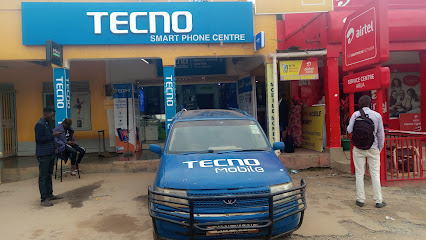
Shobha distributor limited bidco depot arua
Discover the vibrant local culture at Shobha Distributor Limited Bidco Depot in Arua, a unique general store with a variety of local products and friendly service.

Essential bars & hidden hideouts
Oasis 24-7
Discover Oasis 24-7 in Arua: A grill restaurant serving a vibrant mix of local and international dishes in a lively atmosphere.
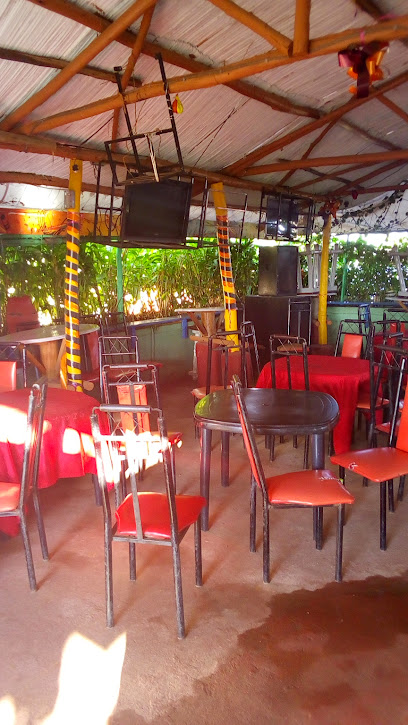
HillTop Bar and Gardens
Experience the vibrant ambiance and authentic flavors at HillTop Bar and Gardens in Arua, Uganda, where every meal is a delightful journey.
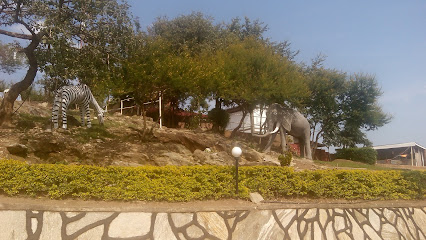
Capital One Lounge
Discover the lively ambiance and exceptional drinks at Capital One Lounge in Arua, the perfect retreat for travelers and locals alike.
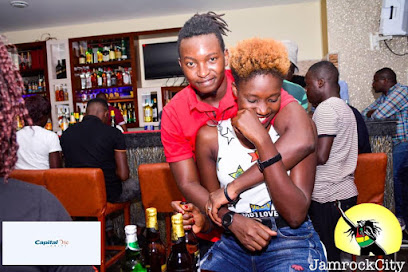
Hi-5 Kitchen & Lounge
Discover the vibrant flavors of Uganda at Hi-5 Kitchen & Lounge, the perfect blend of local and international cuisine in Arua's bustling Concord Business Center.
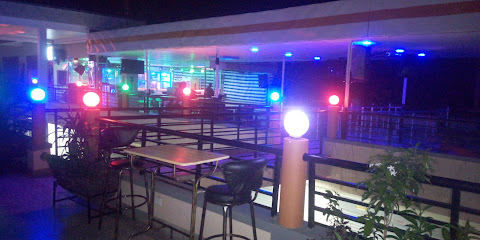
Club
Discover the heart of Arua's nightlife at Club, where great drinks, music, and an energetic atmosphere await you.
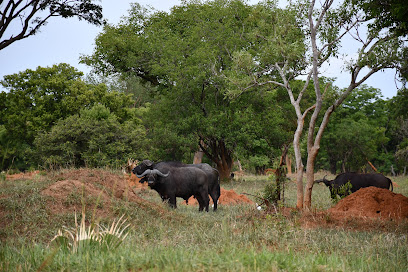
Vino Lounge and Galaxy
Experience the vibrant nightlife of Arua at Vino Lounge and Galaxy, where locals and tourists come together for great drinks and lively atmosphere.
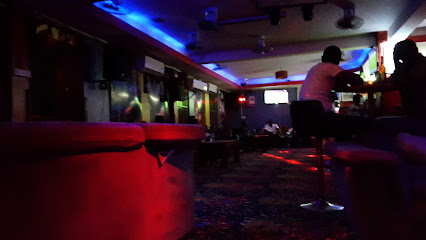
Ice Lounge
Discover Arua's vibrant nightlife at Ice Lounge, where refreshing drinks meet a lively atmosphere in the heart of the city.
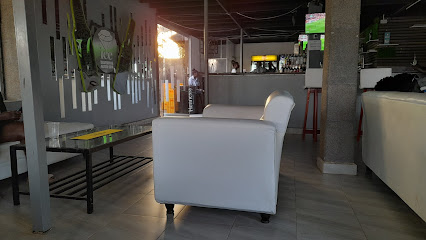
Air Field View Pub
Discover the charming Air Field View Pub in Arua, a cozy bar offering stunning views and a warm atmosphere for tourists and locals alike.

Hot Pot Bar
Discover the vibrant nightlife at Hot Pot Bar in Arua, where local drinks and friendly faces await every traveler.
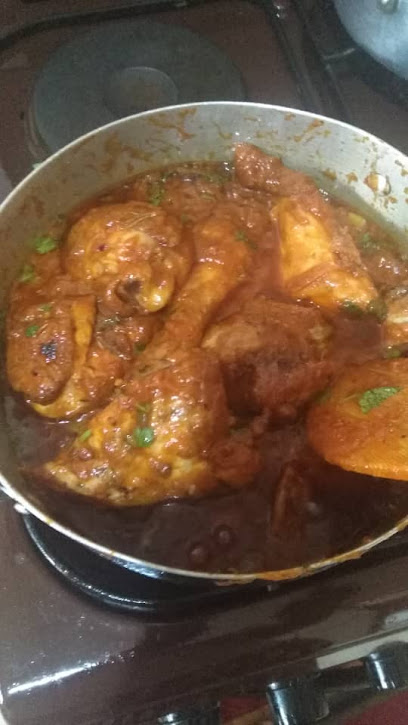
De Comrades Sports Bar
Experience the energy of Arua at De Comrades Sports Bar, where sports, drinks, and camaraderie come together in a captivating atmosphere.

The Grand Prix Bar & Lounge
Discover the vibrant atmosphere of The Grand Prix Bar & Lounge in Arua, where refreshing drinks meet lively entertainment in a stylish setting.
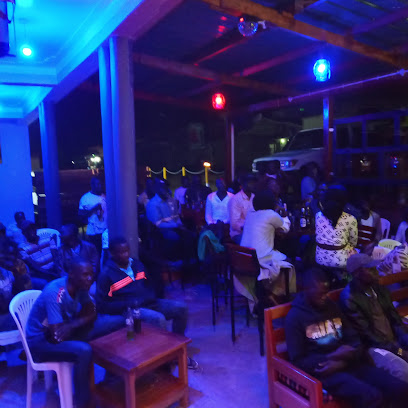
Fifty-fifty
Discover the lively atmosphere of Fifty-Fifty, a must-visit bar in Arua, Uganda, where locals and tourists gather for great drinks and unforgettable nightlife.

FREEDOM VYBZ
Discover the vibrant nightlife of Arua at Freedom Vybz, a lively bar offering a great selection of drinks and a welcoming atmosphere for all.
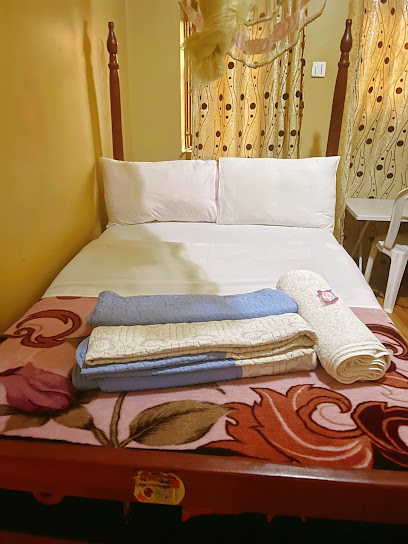
THE MOONLIGHTER BAR AND SPORTS
Experience the lively atmosphere of The Moonlighter Bar and Sports in Arua, where great drinks, sports, and camaraderie come together.
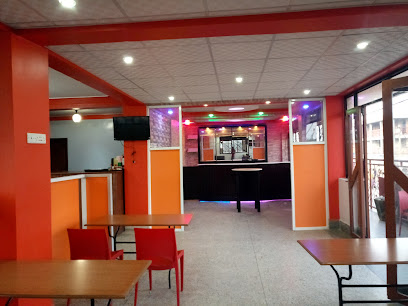
Local Phrases
-
- HelloYaa
[Yaa] - GoodbyeKareeba
[Kareeba] - YesEego
[Eego] - NoNga
[Nga] - Please/You're welcomeNyamba
[Nyamba] - Thank youWebale
[Webale] - Excuse me/SorryOyaa
[Oyaa] - How are you?Oli otya?
[Oli otya?] - Fine. And you?Gyendi. Oweyi?
[Gyendi. Oweyi?] - Do you speak English?Ogamba olungereza?
[Ogamba olungereza?] - I don't understandSiintuuka
[Siintuuka]
- HelloYaa
-
- I'd like to see the menu, pleaseNyakucaka menu, kikole
[Nyakucaka menu, kikole] - I don't eat meatSiina okulya emboga
[Siina okulya emboga] - Cheers!Mwaa!
[Mwaa!] - I would like to pay, pleaseNyenda okweraliisa, kikole
[Nyenda okweraliisa, kikole]
- I'd like to see the menu, pleaseNyakucaka menu, kikole
-
- Help!Ebyo byona!
[Ebyo byona!] - Go away!Tebukyamu!
[Tebukyamu!] - Call the Police!Genda okulaba poliisi!
[Genda okulaba poliisi!] - Call a doctor!Genda okulaba daktari!
[Genda okulaba daktari!] - I'm lostNtunulidde
[Ntunulidde] - I'm illNjagala
[Njagala]
- Help!Ebyo byona!
-
- I'd like to buy...Nyenda okuna...
[Nyenda okuna...] - I'm just lookingNdi mu kyalo
[Ndi mu kyalo] - How much is it?Kikole kiki?
[Kikole kiki?] - That's too expensiveWali mafi
[Wali mafi] - Can you lower the price?Obeera okulaanya ku kikole?
[Obeera okulaanya ku kikole?]
- I'd like to buy...Nyenda okuna...
-
- What time is it?Ekyo kye saa?
[Ekyo kye saa?] - It's one o'clockSaa moja
[Saa moja] - Half past (10)Nusu eka (kumi)
[Nusu eka (kumi)] - MorningMakya
[Makya] - AfternoonEkiwumulo
[Ekiwumulo] - EveningEkisakati
[Ekisakati] - YesterdayWano
[Wano] - TodayEno
[Eno] - TomorrowKaliba
[Kaliba] - 1Omukaaga
[Omukaaga] - 2Biri
[Biri] - 3Ssatu
[Ssatu] - 4Anno
[Anno] - 5Taano
[Taano] - 6Mukaaga
[Mukaaga] - 7Munaana
[Munaana] - 8Mwenda
[Mwenda] - 9Kyenda
[Kyenda] - 10Kumi
[Kumi]
- What time is it?Ekyo kye saa?
-
- Where's a/the...?Wano we...
[Wano we...] - What's the address?Addirese kiki?
[Addirese kiki?] - Can you show me (on the map)?Obeera okunnuma (mu mapu)?
[Obeera okunnuma (mu mapu)?] - When's the next (bus)?Ssaawa eya nyingi (omu busi)?
[Ssaawa eya nyingi (omu busi)?] - A ticket (to ....)Teekiti (ku ....)
[Teekiti (ku ....)]
- Where's a/the...?Wano we...
History of Arua
-
Arua’s history begins with the indigenous tribes such as the Lugbara, Madi, and Kakwa who have inhabited the region for centuries. These groups were primarily agricultural, cultivating crops like millet, sorghum, and cassava. Their rich cultural heritage, including traditional dances, crafts, and oral literature, provides a deep insight into the early days of Arua.
-
The late 19th century marked the arrival of European explorers and colonialists. Arua became part of the British Protectorate of Uganda in the early 20th century. The region saw infrastructural developments such as roads and administrative buildings, which were aimed at consolidating British control. This era also saw the introduction of Christianity, with missionaries setting up schools and health centers.
-
During the mid-20th century, Arua was a significant center for anti-colonial sentiments. The local population played an active role in the struggle for Uganda’s independence, which was achieved in 1962. Political rallies and meetings were common in Arua, with many local leaders emerging as key figures in the national movement.
-
The post-independence era in Arua was marked by political instability, especially during Idi Amin's regime in the 1970s. Amin, who hailed from the nearby West Nile region, had a significant influence on Arua. His rule brought both development and turmoil, as the area experienced infrastructural growth but also witnessed political purges and economic decline.
-
The 1980s and 1990s were challenging times for Arua, as the region was affected by the Ugandan Bush War and subsequent civil conflicts. These periods saw a large influx of refugees from neighboring Sudan and the Democratic Republic of Congo, leading to a humanitarian crisis. Numerous refugee camps were established around Arua, with international aid organizations stepping in to provide relief.
-
In recent years, Arua has seen significant development and modernization. The town has become a bustling commercial hub, with improved infrastructure, including the Arua Airport and better road networks. The region has also become a center for education and healthcare, with several institutions providing services to both locals and refugees. Cultural festivals and events continue to celebrate the rich heritage of the indigenous tribes, attracting tourists and scholars alike.
Arua Essentials
-
Arua is located in the northwestern region of Uganda. The nearest major airport is Entebbe International Airport (EBB) near Kampala. From Entebbe, you can take a domestic flight to Arua Airport (RUA), which is approximately a 1-hour flight. Alternatively, you can travel by bus or car from Kampala to Arua, a journey that typically takes around 8-10 hours by road. Ensure you book your bus ticket in advance, especially during peak travel seasons.
-
Arua offers various modes of transportation, including boda-bodas (motorcycle taxis), matatus (shared minibuses), and private taxis. Boda-bodas are the most common and quickest way to get around the town. For longer distances, matatus are available and cost-effective. Private taxis can be hired for more comfort and convenience. Always agree on the fare before starting your journey. Car rentals are also available for those who prefer to drive themselves.
-
The official currency in Uganda is the Ugandan Shilling (UGX). While major hotels and some restaurants accept credit and debit cards, it is advisable to carry cash for smaller establishments, markets, and transportation. ATMs are available in Arua, but it is wise to withdraw enough cash in Kampala or Entebbe before traveling to Arua. Currency exchange services are also available in major towns and cities.
-
Arua is generally safe for tourists, but it is essential to take standard precautions. Avoid walking alone at night in less-populated areas and always be aware of your surroundings. High-crime areas targeting tourists are rare, but petty theft can occur in crowded places such as markets. Keep your valuables secure and avoid flashing expensive items. Always use reputable transportation providers and avoid using unlicensed taxis.
-
In case of emergency, dial 999 for police assistance. The main hospital in Arua is Arua Regional Referral Hospital, which provides medical care for emergencies. Pharmacies are available for minor health issues and over-the-counter medications. It is recommended to have travel insurance that covers medical emergencies. Keep a list of emergency contacts, including your country's embassy or consulate.
-
Fashion: Do dress modestly. Avoid wearing very revealing clothing, especially in rural areas. Religion: Do respect local religious practices. When visiting places of worship, dress conservatively and remove your shoes if required. Public Transport: Do be polite and patient. Don’t argue with drivers or passengers. Greetings: Do greet people with a handshake. A warm greeting is appreciated and shows respect. Eating & Drinking: Do try local dishes and accept food offerings graciously. Don’t refuse hospitality, as it may be considered impolite.
-
To experience Arua like a local, visit the vibrant markets such as the Arua Central Market, where you can buy fresh produce and local crafts. Engage with the locals; Ugandans are known for their hospitality and friendliness. Try traditional dishes like 'Malewa' (bamboo shoots) and 'Luwombo' (stew cooked in banana leaves). For a unique experience, explore the nearby Arua Hill, which offers panoramic views of the town and surrounding areas.
Nearby Cities to Arua
-
Things To Do in Gulu
-
Things To Do in Lira
-
Things To Do in Fort Portal
-
Things To Do in Kampala
-
Things To Do in Entebbe
-
Things To Do in Jinja
-
Things To Do in Masaka
-
Things To Do in Mbarara
-
Things To Do in Mbale
-
Things To Do in Nyagatare
-
Things To Do in Bukoba
-
Things To Do in Kitale
-
Things To Do in Ruhengeri
-
Things To Do in Kisumu
-
Things To Do in Rubavu








